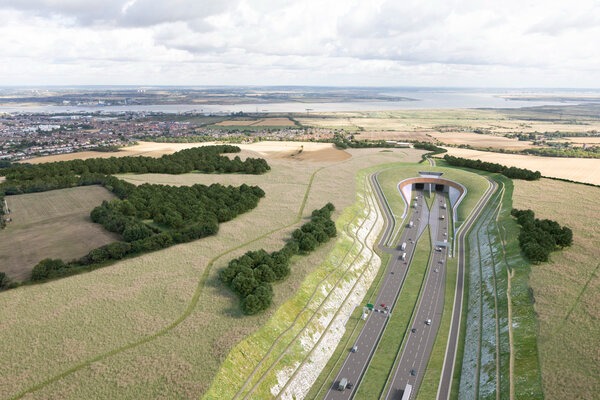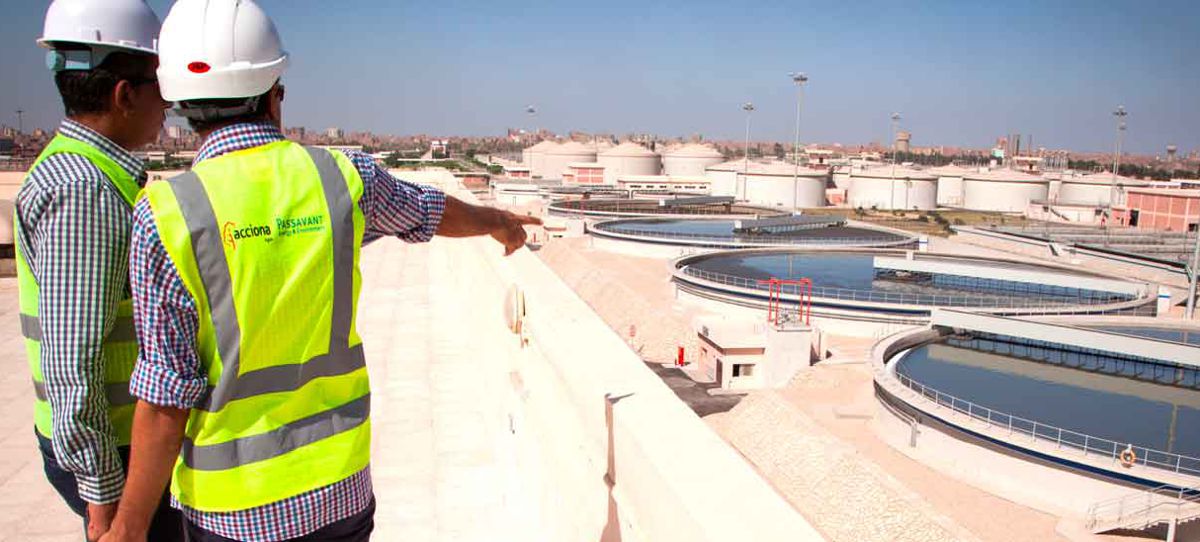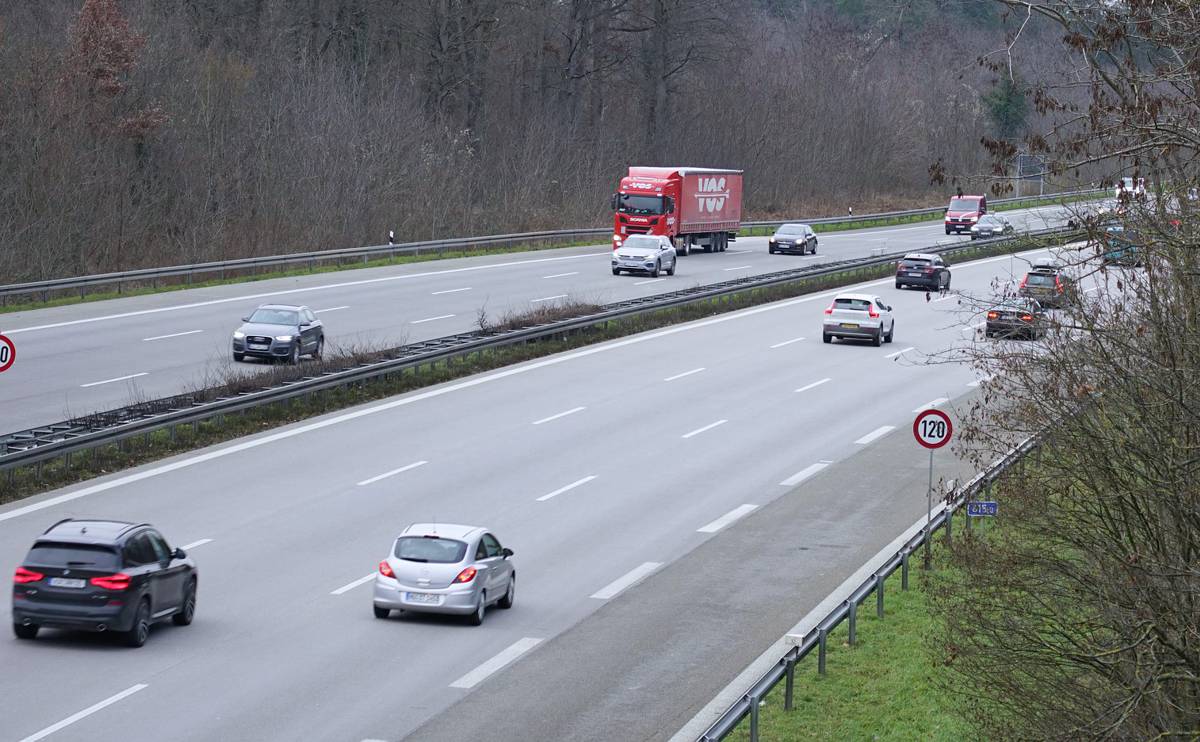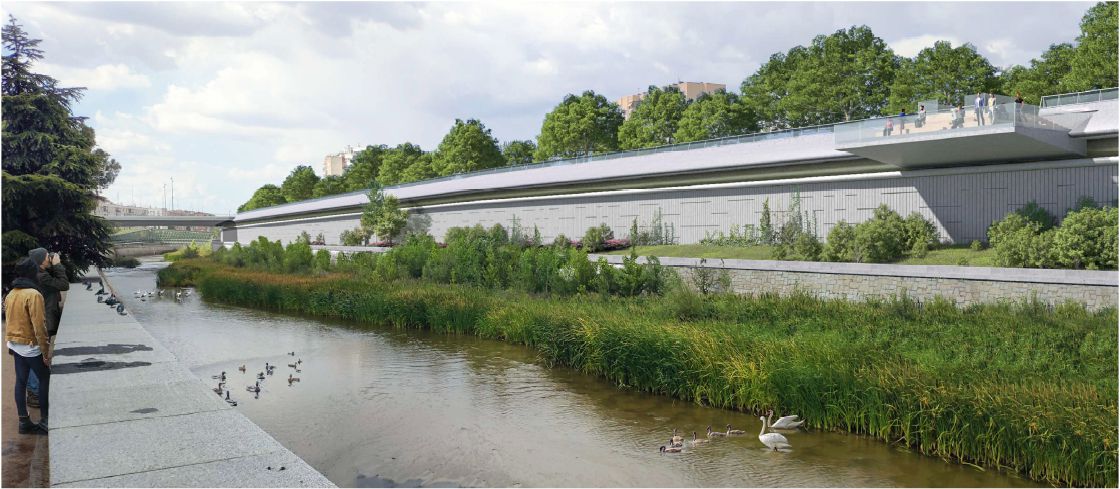EIB and BGK finance construction of Kraków bypass in Poland under Juncker Plan
The European Investment Bank (EIB) and the Bank Gospodarstwa Krajowego (BGK) Polish development bank today announced the signature of finance contracts for the construction of the Łagiewnicka Route, part of the Kraków inner southern bypass, including a new tram line. The EIB loan is guaranteed under the European Fund for Strategic Investments (EFSI), a central element of the Juncker’s Commission’s Investment Plan for Europe.
With a PLN 400m (around EUR 93m) loan the EIB is a major lender for this project, while the BGK is providing additional support of PLN 298m (around EUR 69.3m). The Łagiewnicka Route, consisting of 3.7 km of dual carriageway ring-road including tunnels and a new 1.7 km tram line, is a key project contributing to reducing congestion in Kraków. Improving the quality of public transport services in terms of speed, comfort and reliability, this project will also reduce reliance on private cars and thus contribute to the reduction of air pollution. In addition, traffic safety will be improved through the introduction of grade-separated junctions. Construction of the Łagiewnicka Route is expected to start later in 2017 and is planned to be complete by the end of 2020.
EIB Vice-President Vazil Hudák, responsible for Bank’s activity in Poland, said, “Supporting sustainable transport solutions is a top priority for the EIB. The Łagiewnicka Route project fits this objective perfectly. Our loan will help unblock a major traffic bottleneck in the city and have a positive impact on the urban environment by decreasing the level of harmful car emissions. This will ultimately make a real difference in the daily lives of Kraków’s residents.”

Paweł Nierada, first Vice-President of the BGK board, added, “The mission of Bank Gospodarstwa Krajowego, the Polish development bank, is – among other – to finance projects that lead to better social and economic development of the regions, enabling Poles to live more safely and comfortably. I am very happy that we are supporting this project. BGK has been cooperating with the local government of the city of Krakow for a long time. We are a professional and committed partner; we are helping the city to develop municipal housing and we support local entrepreneurship.”
European Commission Vice-President Jyrki Katainen, responsible for Jobs, Growth, Investment and Competitiveness, said: “Upgrading the transport infrastructure that underpins our economies to meet future needs will require sustained investment. Today’s agreement demonstrates how the Investment Plan can play an important role in unlocking the investment needed to make these projects a reality.”
Jacek Majchrowski, mayor of Kraków, said, “The Łagiewnicka Route is one of the most vital investments in Kraków for the coming years. The tram line which will connect the Kurdwanów residential area with Zakopiańska Street is its crucial element. Moreover, it is worth stressing that the construction of the Łagiewnicka Route will make it possible to build the western part of the so-called third bypass of Kraków with the Pychowicka Route and Zwierzyniecka Route. The project will contribute to the reduction of traffic in the very centre of Kraków, especially in the area of Aleje Trzech Wieszczów. It will also take over the traffic between the districts from the very centre and, consequently, reduce exhaust fumes. That is why I am very pleased that such an important investment for the residents of Kraków is being supported by central institutions as well as by the European Investment Bank. I believe that such cooperation – with the central Polish government and international financial institutions – will continue.”
The EIB’s long-term financing with attractive pricing conditions was provided to a special-purpose company – Trasa Łagiewnicka SA – created by the city in 2016. The city opted for the Polish Development Fund (PFR) as quasi-equity provider. The main construction contractor is the Budimex/Ferrovial consortium, selected in an open tender procedure.
The European Investment Bank (EIB) is the long-term lending institution of the European Union owned by its Member States. It makes long-term finance available for sound investment in order to contribute towards EU policy goals. Last year, the EIB provided loans amounting to EUR 4.44bn for Polish projects.
The Investment Plan for Europe focuses on strengthening European investments to create jobs and growth. It does so by making smarter use of new and existing financial resources, removing obstacles to investment, and providing visibility and technical assistance to investment projects. On 14 September 2016, the Commission proposed extending EFSI by increasing its firepower and duration as well as reinforcing its strengths.
Bank Gospodarstwa Krajowego initiates and implements projects promoting the economic growth of Poland in cooperation with other institutions from the Polish Development Fund Group: KUKE, PAIH, PARP and ARP. BGK develops guarantee and sureties schemes which contribute to the promotion of entrepreneurship. Another of BGK’s strategic tasks is to support the activities of Polish companies abroad. BGK manages European programmes and distributes EU funds at national and regional level. BGK is involved in programmes aiming to improve access to housing on the residential market.















